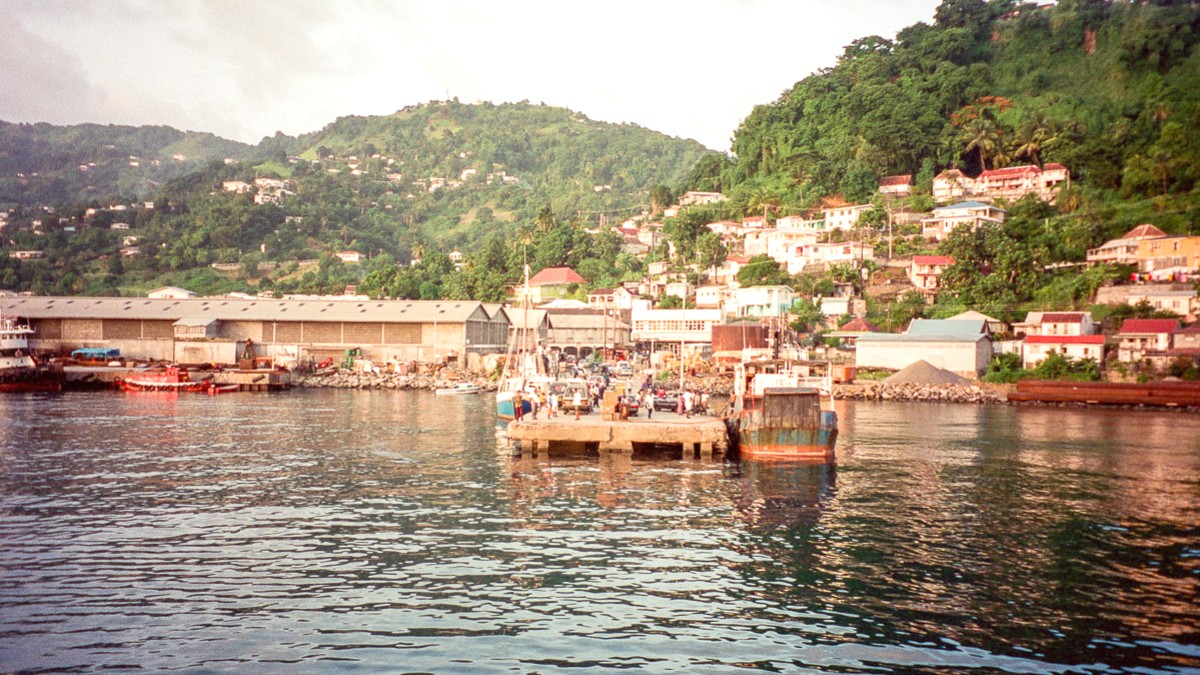
Grenada
The Grenada Marine Protected Area (GMPA) extends to Carriacou’s waters. These areas are under protection to conserve biodiversity and promote healthy ecosystems.
Waste management presents a challenge on small islands like Carriacou, due to limited space and resources. Minimize your plastic use.
Water is a precious resource, especially during the dry season. Be mindful of your water usage during your stay.
Look for accommodations that demonstrate a commitment to environmental sustainability.
Choose properties that use solar power, employ water conservation techniques, or support local conservation efforts.
When booking tours, notably for marine activities, choose operators that promote responsible tourism practices.
Minimize your plastic use by bringing a reusable water bottle and refill it whenever possible. Avoid single-use plastics like straws and plastic bags.
Water is a precious resource, especially during the dry season. Be mindful of your water usage during your stay. Take shorter showers and turn off taps when not in use.
Consider purchasing carbon offsets for your international flights to Grenada. This mitigates the environmental footprint of long-distance air travel.
Explore TerrapassOpt for outdoor gear from brands committed to sustainability. This supports ethical manufacturing and reduces environmental harm.
Shop PatagoniaAlways use reef-safe sunscreen. Traditional sunscreens contain chemicals like oxybenzone and octinoxate that harm coral reefs and marine life. Choose mineral-based sunscreens with zinc oxide or titanium dioxide as active ingredients.
Observe local customs for respectful interactions.
Support local cultural preservation efforts by attending and contributing to traditional festivals like the Carriacou Regatta, the Maroon Festival, and Carnival.
Engage respectfully with locals. Politeness and warm greetings are highly valued. A friendly "Good morning" or "Good afternoon" makes a positive impression.
Seek explicit permission before photographing individuals. This demonstrates respect for their privacy and culture. Avoid taking candid shots of people without their consent.
If you visit a church or other religious site, dress conservatively. Ensure your shoulders and knees are covered. Maintain a quiet and respectful demeanor, especially if a service is in progress.
Your spending choices directly impact the local economy. Choose options that support local residents and businesses.
Choose locally owned guesthouses and eat at local "cook shops."
Prioritize items made by local artisans and craftsmen for souvenirs.
Avoid any activities that exploit animals or people during your visit.
Your spending choices directly impact the local economy. Choose options that support local residents and businesses.
Choose locally owned guesthouses or apartments for your accommodation.
Eat at local "cook shops" to experience authentic island flavors.
Hire local independent guides for excursions and exploration.
Be aware of and avoid any activities that exploit animals or people.
Do not engage in activities that contribute to harmful practices.
Be wary of unauthorized tour operators who may not adhere to ethical or environmental standards. Research operators to ensure they are reputable and responsible. Consider supporting conservation efforts through sites like The Rainforest Site.